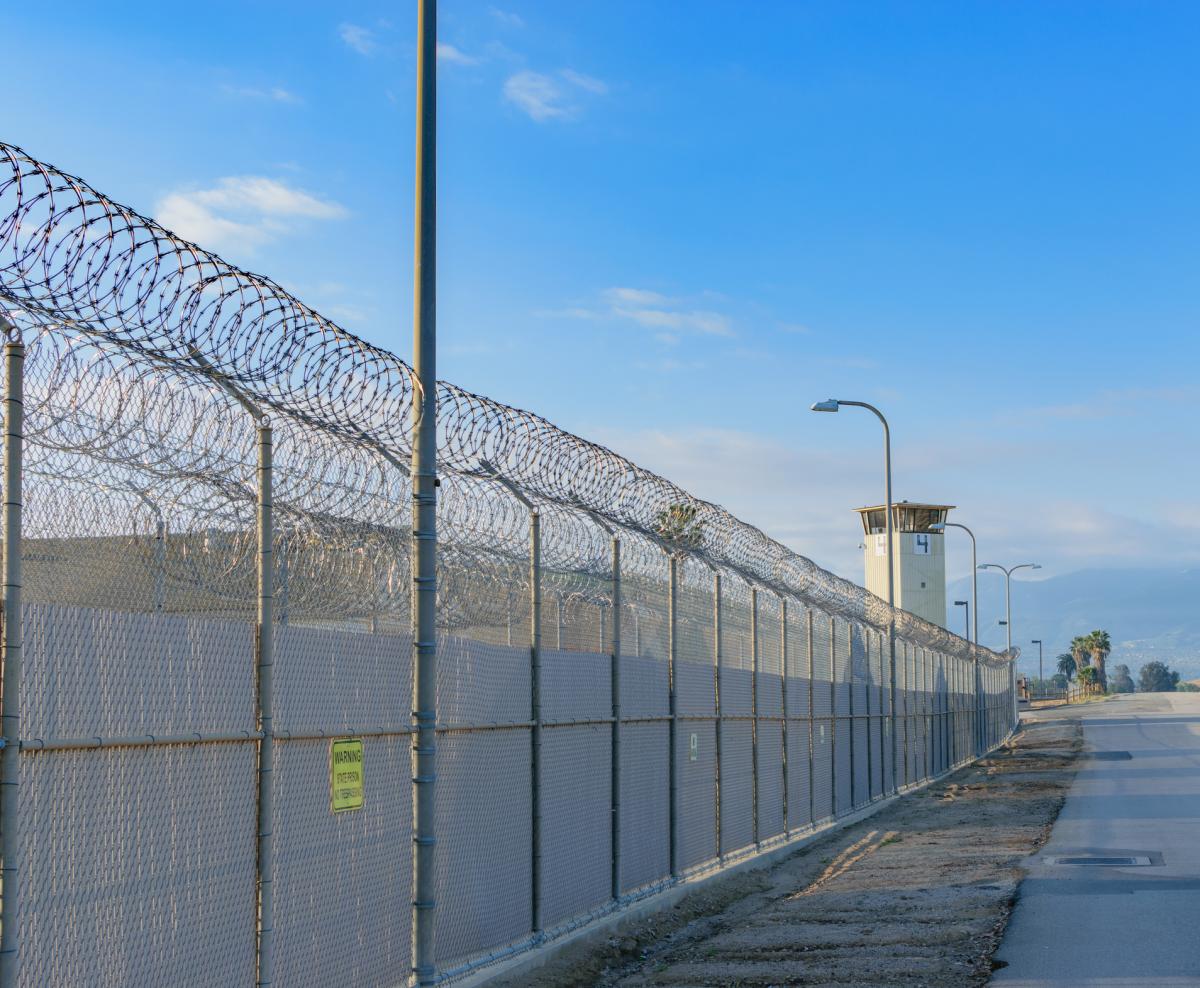
One of the most compelling arguments for improvements to healthcare for individuals who are incarcerated is the fact that “[a]t least 95% of all state prisoners will be released…”1 Further, pursuant to a 2014 study by the Sentencing Project, more than 215,332 women and girls are now incarcerated in the U.S.2 This figure represents both a record percentage of the total prison population in the U.S. and an eight-fold rise in the incarceration of females since 1980.3 Critically, more than two-thirds of these women are mothers and 60% of these women have a minor child.4 Based on these figures, it is clear that women’s health is not only a community health concern but a criminal justice concern.
Some of the existing limitations in federally incarcerated women’s healthcare have garnered the attention of several U.S. senators, including Elizabeth Warren (D-MA), Kamala Harris (D-CA), Cory Booker (D-NJ), and Richard Durbin (D-Illinois), who have proposed a bill, the Dignity for Incarcerated Women Act.5 Specifically, the bill aims to address the separation of families with parents who are incarcerated. The bill also tackles the treatment of inmates who are pregnant, access to healthcare items, and trauma care/limit re-traumatization. UMass Chan Medical School’s Health & Criminal Program, a current comprehensive medical services partner of the Federal Bureau of Prisons (BOP), strongly supports the bill on a federal level, along with corresponding bills at the state level, because they are supportive of underserved populations and community health.
If passed, the bill would prevent the BOP from placing women in segregated housing while pregnant, or within eight weeks of postpartum recovery.6 Moreover, the BOP is prohibited from shackling inmates who are pregnant.7 These changes are coupled with mandatory modifications to visitation policies to allow in-person visits not less than six times a week, and a pilot program to allow overnight stays for children with primary parents who are incarcerated.8 Last, the bill requires access to a gynecologist for all prisoners who are female.9
The troubling reality that the federal and state systems often charge inmates to purchase necessary healthcare products through the canteen system is also addressed in the bill. The bill eliminates this practice for common sense necessities such as tampons, toothpaste, and ibuprofen.10 Notably, within a month of the bill being introduced, the BOP changed its policy to allow free access to menstrual pads and tampons.11
Last, the bill attempts to incorporate trauma-informed care into the prison setting by training all BOP staff who interact with prisoners to identify trauma and refer said prisoners to competent health professionals.12 Beyond assisting those who have been traumatized, the bill seeks to limit re-traumatization by requiring strip searches to be conducted by a correctional officer of the same gender when possible and by limiting correctional officers’ access to bathrooms of the other gender.13
Exposure to traumatic events are linked to poor mental and physical health outcomes and higher utilization of behavioral health and health care services. This recognition of trauma among those who are incarcerated is overdue as researchers estimate that 60% of prisoners who are male exhibit symptoms of Post-Traumatic Stress Disorder (PTSD) compared to approximately 5% of the overall male population.14 Inmates who are female are even more likely to exhibit the signs and symptoms of PTSD as 90% of inmates who are female have experienced physical or sexual assault in their lifetimes.15
The benefits from the bill’s provisions would pay immediate and tangible dividends to women who are inmates and their families. First and foremost, the medical consensus concerning time spent together for mothers and newborns in the post-partum is decades old and well-established. Moreover, studies indicate that visitation from family decreased recidivism and improved prisoner safety and behavior.16 Combined with lessened exposure to trauma and trauma-informed care, these changes would also greatly benefit the overall mental health of the affected women by alleviating the stress caused by separation and anxiety over access to routine medical care and items, thereby increasing positive outcomes for inmates both during and after incarceration.
Improved mental and physical health would position inmates for successful reentry and pave the way for superior outcomes in cases of substance abuse treatment. Based on these benefits and myriad more, I encourage readers to contact his or her state and federal representatives to voice support for the bill or similar legislation.
1 Bureau of Justice Programs, “Reentry Trends in the U.S.” https://www.bjs.gov/content/reentry/reentry.cfm, April 5, 2018.
2 The Sentencing Project, “Incarcerated Women and Girls Factsheet” http://www.sentencingproject.org/wp-content/uploads/2016/02/Incarcerated-Women-and-Girls.pdf, November, 2015.
3 Id.
4 Id.
5 Jones, Van and Sam, Topeka K., “The Powerful Movement for Incarcerated Women,” https://www.cnn.com/2018/03/09/opinions/justice-for-female-prisoners-jones-sam-opinion/index.html.
6 S.1524, §2(d)(1), https://www.congress.gov/bill/115th-congress/senate-bill/1524/text, July 11, 2017.Id.
7 Id. at§2(d)(2).
8 Id. at §2(c) and §3.
9 Id. at§2(k).
10 Id. at§2(j)(1)(C)
11 Jeltsen, Melissa, Huffington Post, https://www.huffingtonpost.com/entry/federal-prisons-pads-tampons_us_59930a82e4b09096429a16e0, August 16, 2017.
12 S.1524, §2(f).
13 Id. at (k)(1).
14 Thomas, Liji, M.D., “Prisoner Post-Traumatic Stress” Medical Life Sciences News, https://www.news-medical.net/health/Prisoner-Post-Traumatic-Stress.aspx, accessed April 10, 2018.
15 Nixon, Vivian, “The Need for Trauma-Informed Approach to Female Incarceration” The Regulatory Review, https://www.theregreview.org/2017/02/28/nixon-trauma-informed-female-incarceration/, February 28, 2017.
16 Boudin, Chelsea, “Prison Visitation: A 50 State Survey” Prisoner Legal News, https://www.prisonlegalnews.org/news/2013/may/15/prison-visitation-a-fifty-state-survey/, May 15, 2013.
